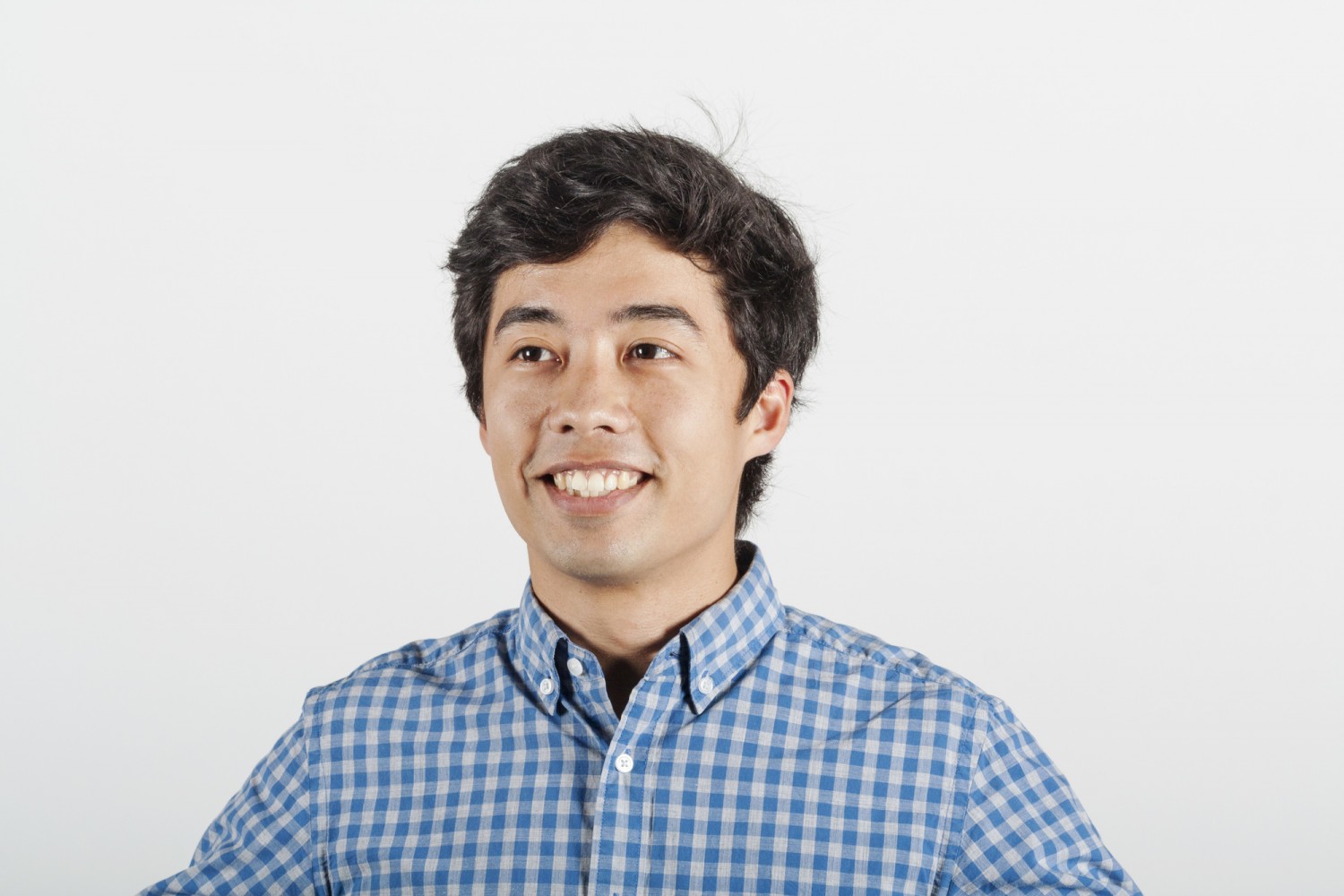
09 May 2016

Mugi Yamamoto is a Swiss industrial designer who graduated from the ECAL in 2013. His compact inkject printer Stack (2013) won several prestigious awards such as the Raiffeisen Bank Award 2013, Core77 Design Award 2014 and lately the Design Prize Switzerland (2015). His latest creation, Wyspa (2015), is a collection of furniture consisting of an armchair, a two-seater and three-seater sofa with various types of upholstery in vivid or pastel colours that he designed for the manufacturer Profim. Wyspa was developed by ITO Design, the Swiss-based studio where Mugi currently works and was awarded the Red Dot Design Award in 2015. In 2013, Mugi developed a project called Easyseed, a system which makes it easy for everybody to plant seeds. The box itself can be transformed into tools for making holes of the right size and depth.
In his vision, Utopia has such will never be achieved. However, our purpose as human beings is to gradually get closer to it by making the world a better place. Designers indeed are challenged to create reasonable, long-lasting and eco-friendly products; but also consumers should bear in mind issues of sustainability when choosing the designs to buy.
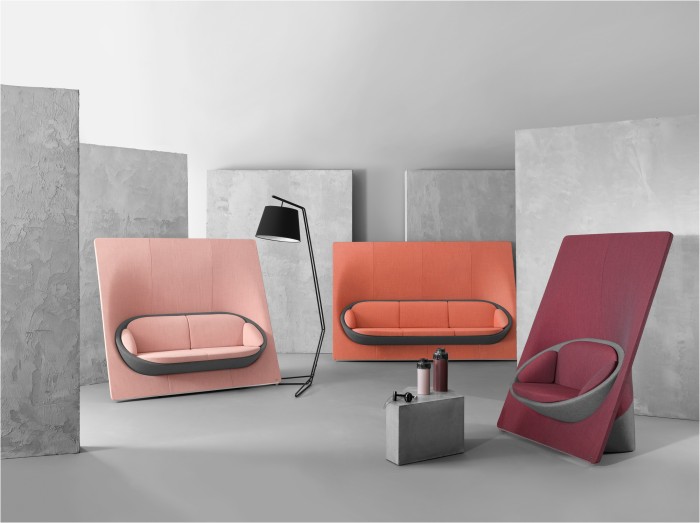
How relevant is the notion of UTOPIA within your practice, approaches and strategies?
The core idea of Utopia is relevant within my approach in design, since I am always attempting to make the world a better place. Even if it is a small tweak in a new product, it can improve its usability in people’s daily life or prolong its lifetime. Both will ultimately lead to a better world with more satisfaction and less material waste. I think designers do have a big responsibility in this matter, since manufacturers are and have to be focused on their profit. We as designers are in the position to draw their attention to the questions of environmental responsibility as well as satisfaction of the user. It is our challenge to create reasonable solutions, which meet the requirements of the producers, convince the customers and also come up to our personal values.
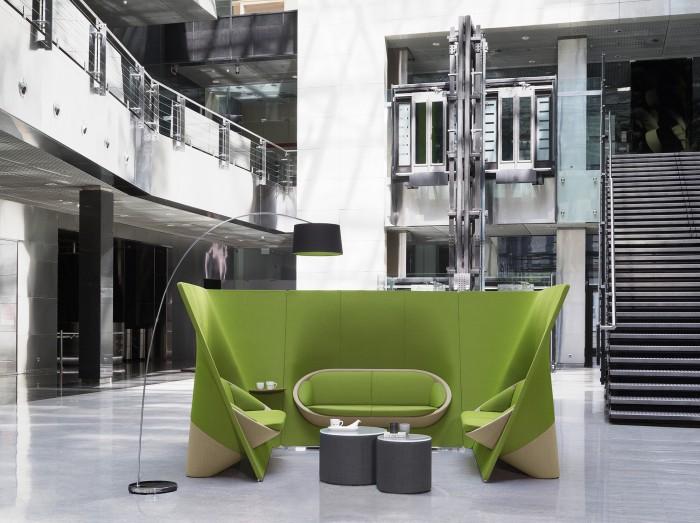
Utopia is defined as the imagination of an ideal system or pattern of a civil organisation. How do you see the role of creative practice within this concept? Or otherwise, can design change society – referring to a common utopian aspiration to create a new society through design?
Utopia is a fictional perfect world. However hard we try, humanity will never reach Utopia by definition. Nevertheless it should be our goal to try to get closer to Utopia in very small steps, consequently improving life on our planet. Our actual reality is so far from Utopia, that every single person not just designers is obliged to contribute towards improvements. While designers should try to create more long lasting and environmentally friendly products, consumers should not only consider the price but also issues of sustainability. Their choice makes the difference.
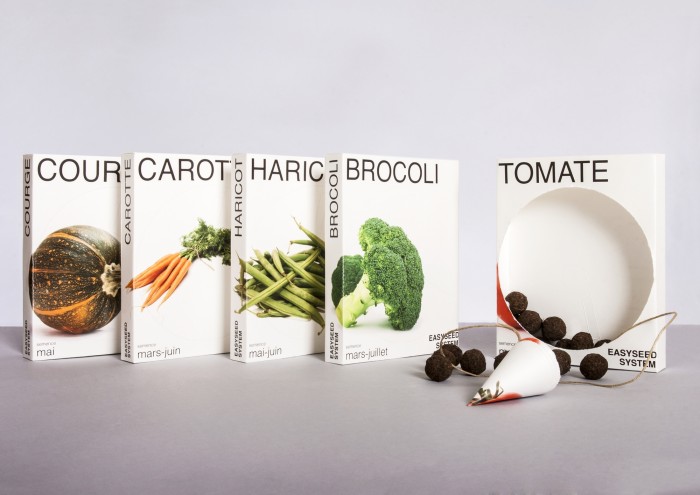
Designers have the ability and knowledge to think in unconventional patterns and find creative, viable solutions. This is where we are required in the process to create a better civil organisation. Our current society is tailored for mass production, planned obsolescence and wasteful use of resources. Even though designers are benefitting from this materialistic society to make a living, I am convinced that a radical turnaround to a more responsible lifestyle is needed within the next decade, otherwise the exploitation of our planet will reach the “point of no return”.
Are there any other manifestos, publications or thinkers that have influenced your work or mindset?
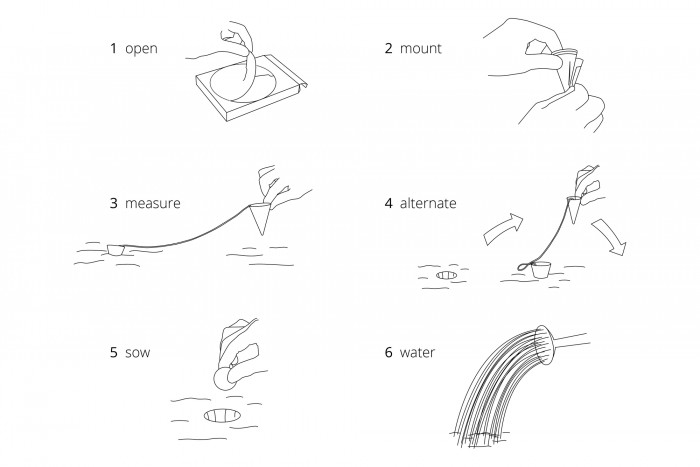
During my work I often get reminded of “The road not taken” by the poet Robert Frost. In every single decision there are always at least two options: To take the easy road that most everyone else is taking or to try the new road nobody has ever taken before. In my everyday work, whenever it is possible, I try to walk and experience the new way. Sometimes I therefore get to regret making things more difficult for myself. But at the end of the day I think this is the much more inspiring and interesting way of working and it multiplies the chances of finding creative, sustainable solutions.
Watch the video about Stack.
More about Mugi Yamamoto here.
